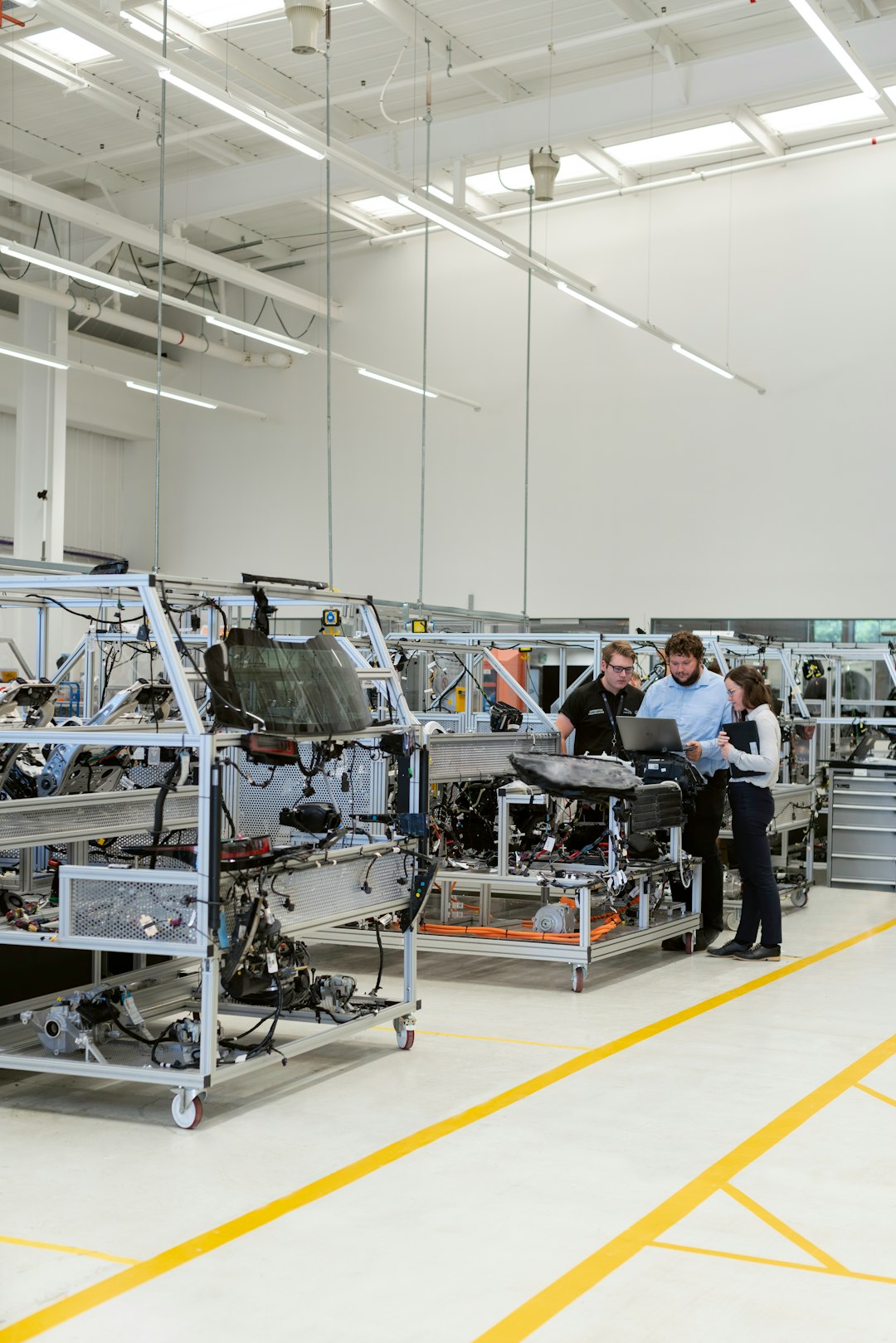The field of robotics has seen tremendous advancements in recent years, and its impact on engineering has been significant. As technology continues to evolve at an unprecedented pace, the future of robotics in engineering is an exciting and promising prospect.
One of the key areas in which robotics is expected to play a major role in engineering is automation. With robots becoming increasingly sophisticated and capable of performing complex tasks, they are poised to revolutionize various industries by taking over dangerous, dirty, or monotonous tasks that were previously performed by humans. This will not only improve efficiency and productivity but also enhance safety in the workplace.
In the field of manufacturing, robots are already being used to carry out tasks such as welding, painting, and material handling. With advancements in artificial intelligence and machine learning, robots are becoming more adept at adapting to changing environments and performing tasks with greater accuracy and precision. This trend is likely to continue in the future, with robots playing an even bigger role in streamlining the manufacturing process and reducing costs.
Another area in which robotics is expected to have a significant impact is in the field of construction. As the demand for infrastructure continues to grow, the need for efficient and cost-effective construction methods is becoming increasingly important. Robots are already being used in construction for tasks such as bricklaying, demolition, and site inspection. In the future, robots could potentially take on even more complex tasks, such as 3D printing entire buildings or autonomously constructing structures in hazardous environments.
In the field of healthcare, robotics is also expected to play a vital role in the future. Surgical robots, for example, are already being used to perform minimally invasive procedures with greater precision and accuracy than human surgeons. As technology continues to improve, these robots could become even more advanced, potentially revolutionizing the way surgeries are performed and improving patient outcomes.
Overall, the future of robotics in engineering is filled with possibilities. As robots become more intelligent, adaptable, and capable, they are expected to transform various industries and revolutionize the way tasks are performed. While there are legitimate concerns about the impact of automation on jobs, there is also a lot of potential for robots to create new opportunities and improve the quality of work for humans.
In conclusion, the future of robotics in engineering is bright and full of promise. As technology continues to advance, robots are poised to play an increasingly important role in various industries, improving efficiency, productivity, and safety. By embracing these advancements and leveraging the potential of robotics, engineers can look forward to a future filled with exciting opportunities and challenges.

